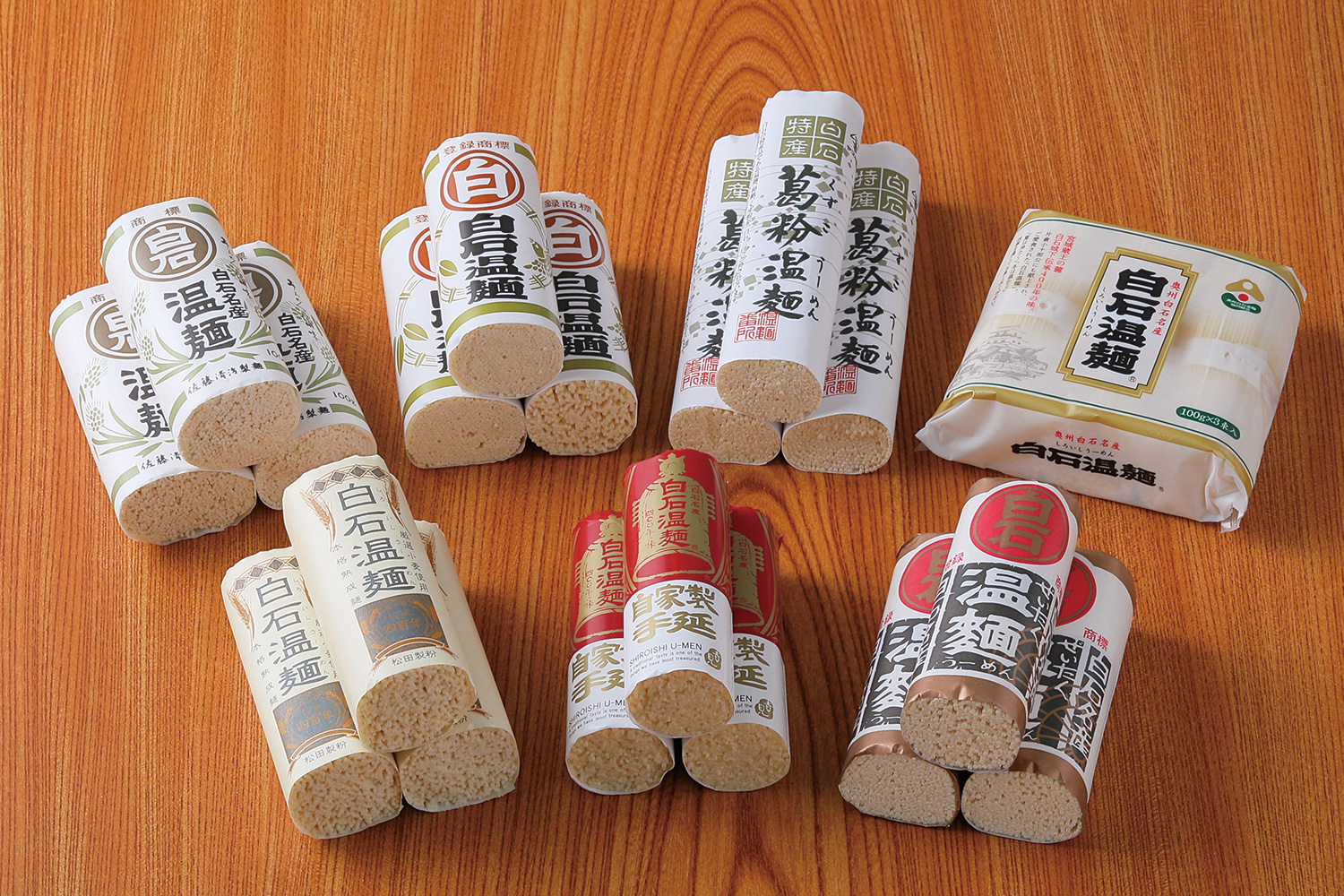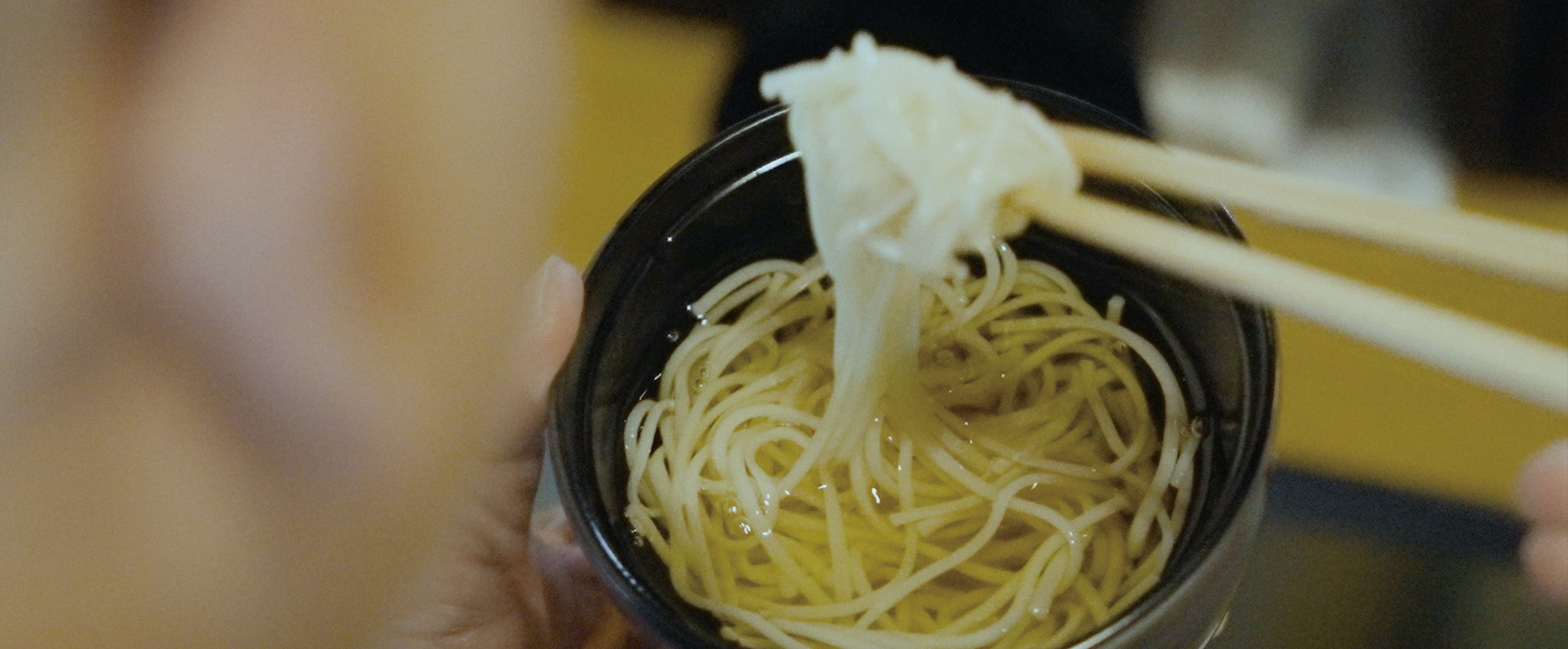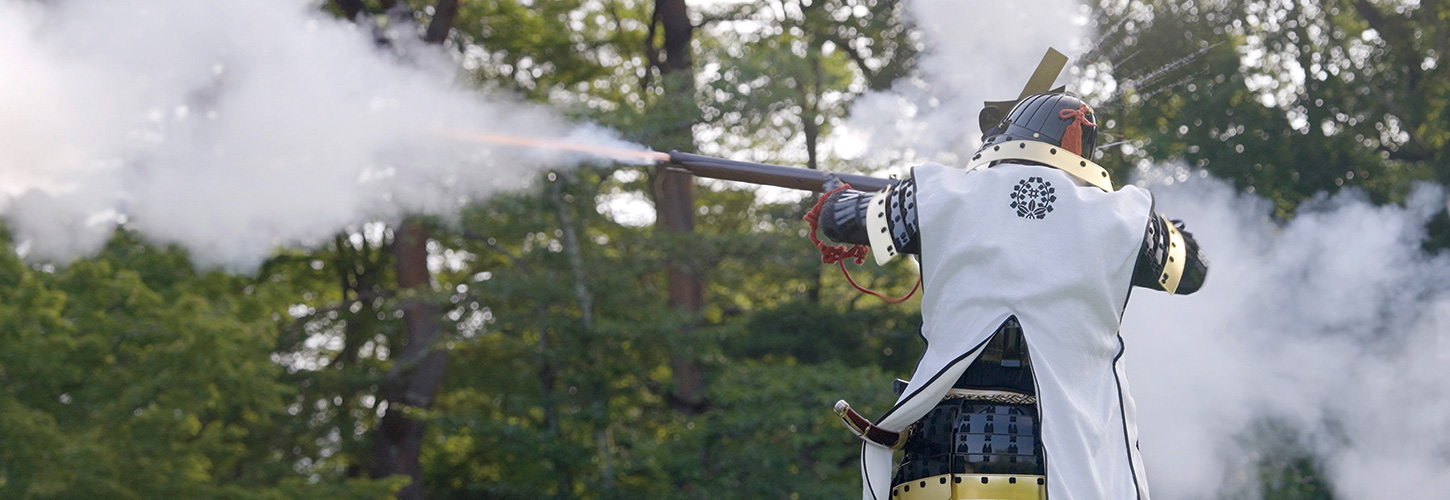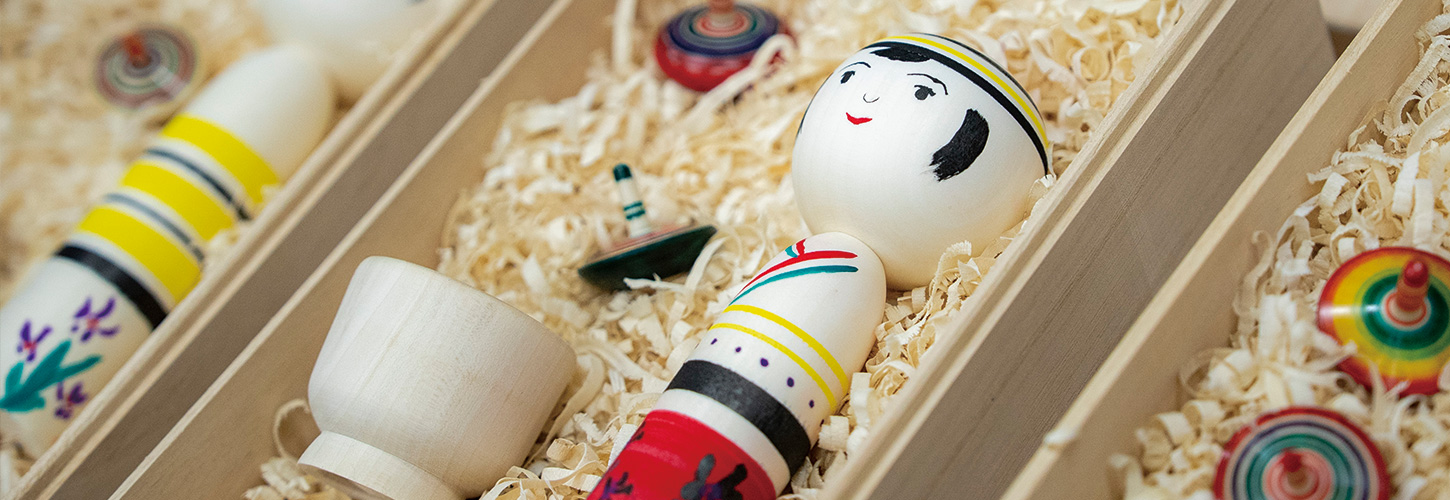Warm Noodles Born from Filial Piety
About 400 years ago, there lived a man named Suzuki Miemon in the castle town of Shiroishi. His father was bedridden with a stomach illness, and deeply worried, Miemon searched everywhere for a suitable remedy. One day, he learned from a traveling monk about a method for making noodles without using oil. He immediately tried the recipe, served the warm noodles to his father, and, as the story goes, his father gradually recovered and eventually regained his health.
Because the noodles were made simply from wheat flour kneaded with salted water, they were smooth in texture, easy to digest, and gentle on the stomach—qualities that likely aided his recovery.
This story of filial devotion eventually reached Katakura Kojūrō, lord of Shiroishi Castle. When Miemon presented the noodles to him, the lord praised them as “a symbol of the warm compassion of the people of Michinoku (Tohoku region)” and named them Umen (“warm noodles”).
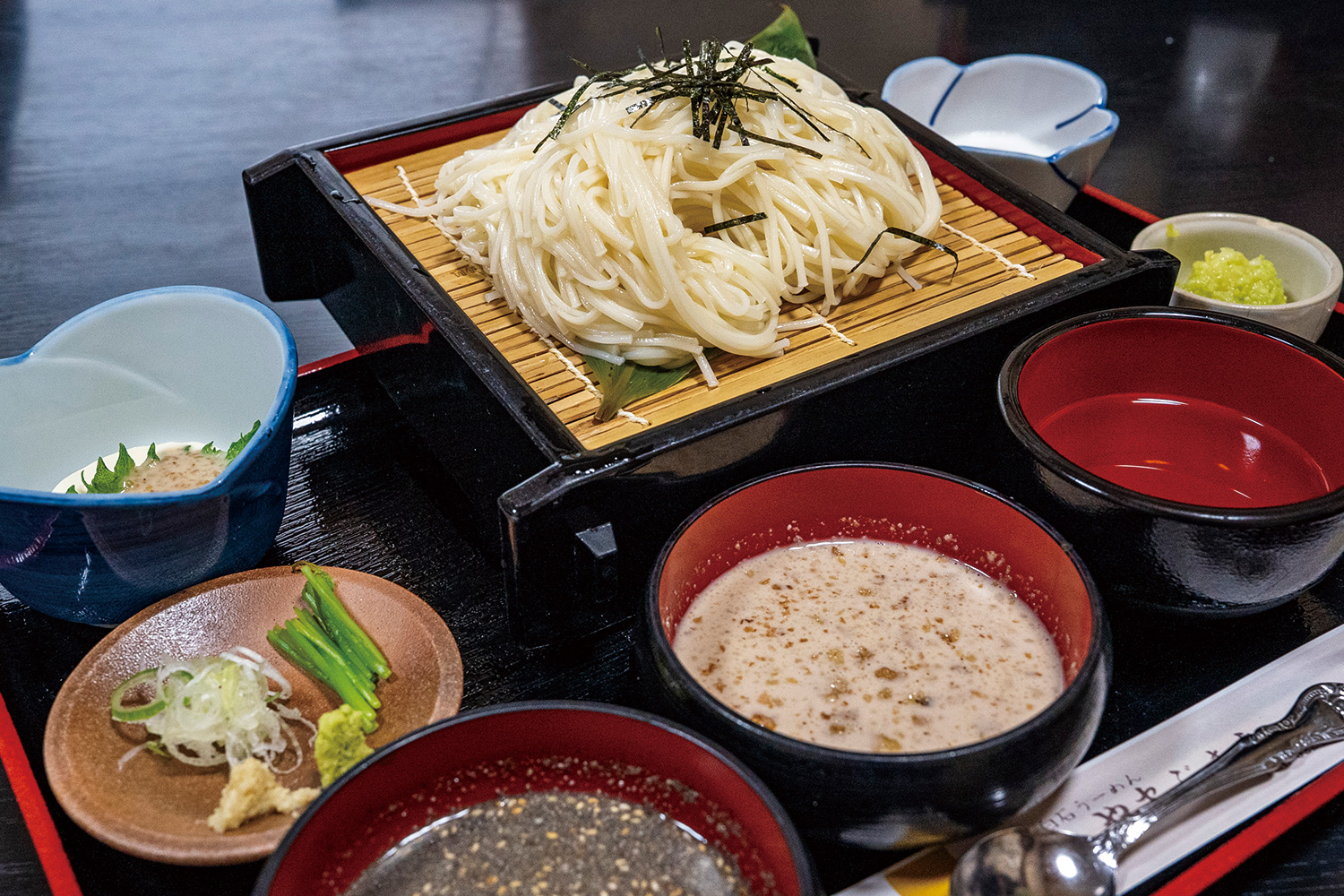
A Blessing from the Zao Mountain Range
Shiroishi City is blessed with the clear waters of the Shiroishi River, which originates in the Zao Mountain Range. In earlier times, watermills powered by this abundant water were used to grind flour, and the area prospered through active wheat production.
The main ingredient of Umen—wheat flour—was therefore plentiful in this region. Combined with pure water and a warm, dry climate, these ideal conditions allowed Shiroishi to produce exceptionally fine and delicious Umen noodles.
(Note: Not all Shiroishi Umen is made exclusively with locally produced wheat.)
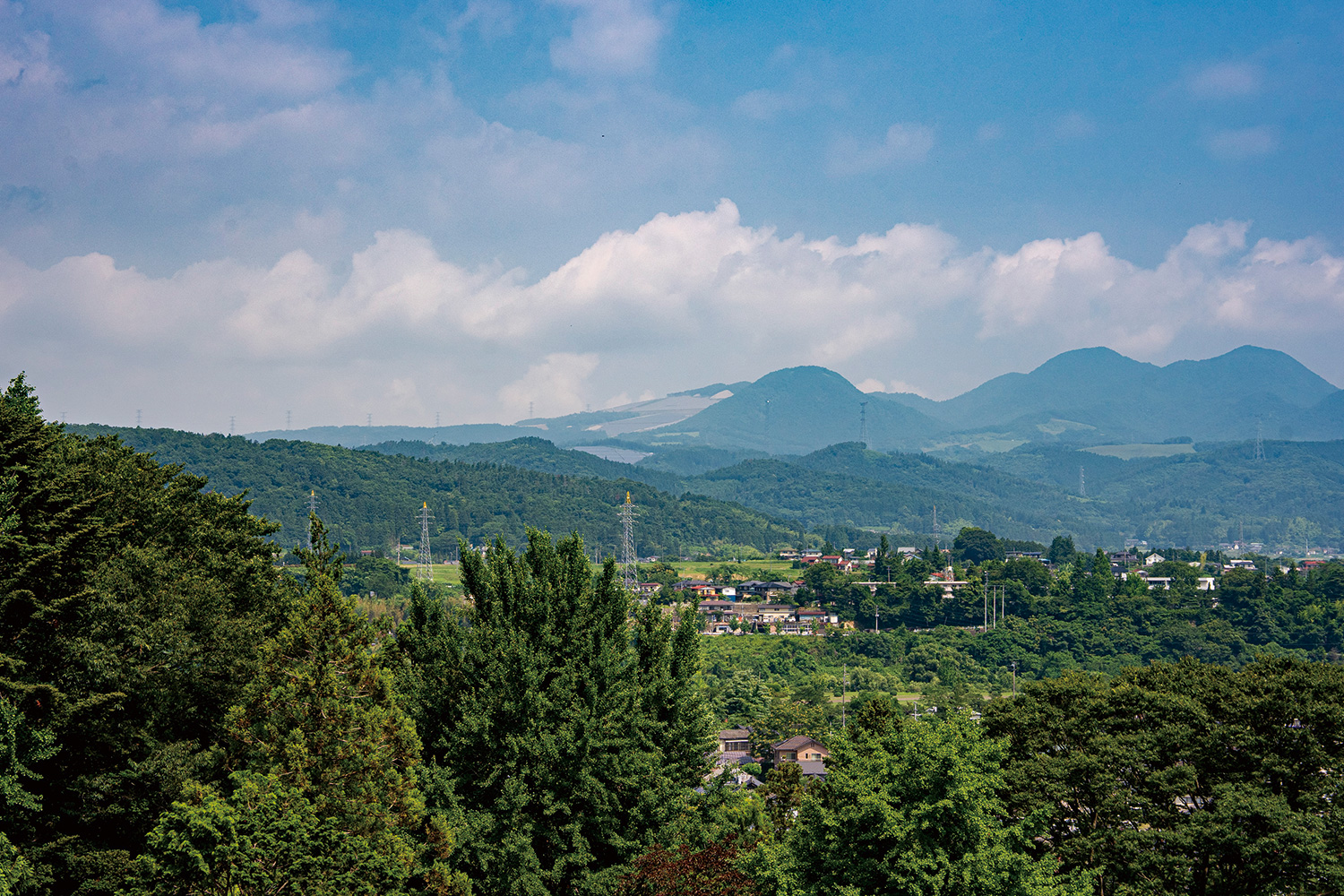
Easy to Digest and Gentle on the Stomach
The greatest feature of Shiroishi Umen lies in its method of preparation. Made only from wheat flour, salt, and water—with no oil at all—it is light, easy to digest, and gentle on the stomach. Because oil-free noodles cannot be stretched very long, Umen is cut into short lengths of about 9 centimeters.
This makes it suitable even as baby food, and it has long been enjoyed by people of all ages—from children to the elderly—as a comforting and easy-to-eat dish.
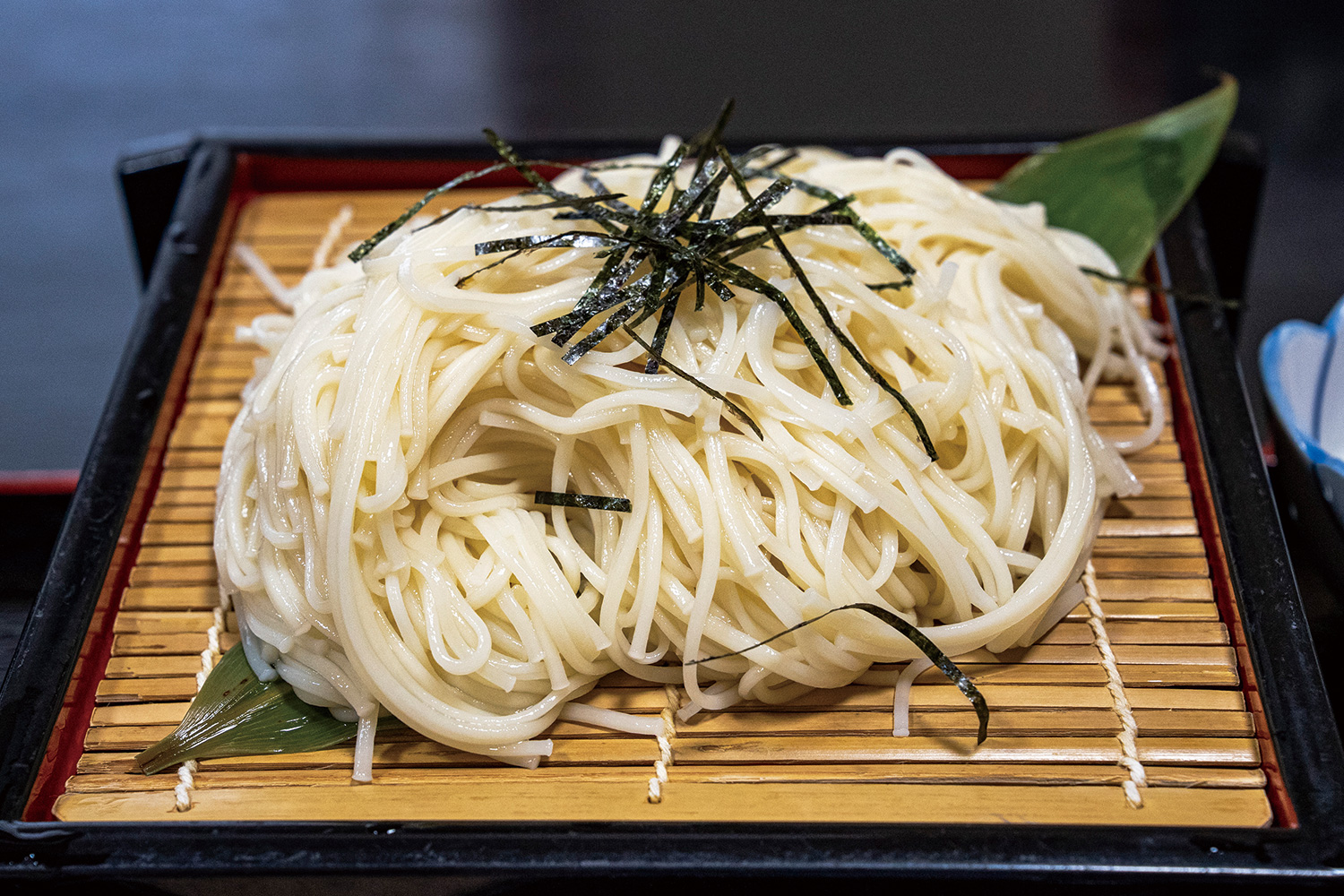
A Timeless Food Heritage Passed Down to Future Generations
Japan’s Agency for Cultural Affairs promotes the preservation of diverse regional food cultures through its “100-Year Food” initiative, which recognizes traditional cuisines passed down through generations.
Shiroishi Umen has been selected as one of these “100-Year Foods,” symbolizing its status as a proud culinary tradition of the region—one that will continue to be cherished for generations to come.
